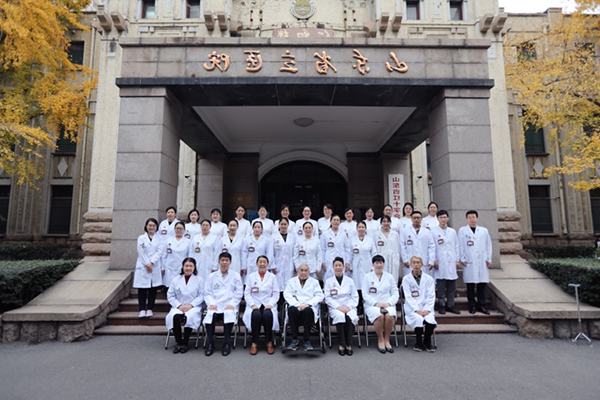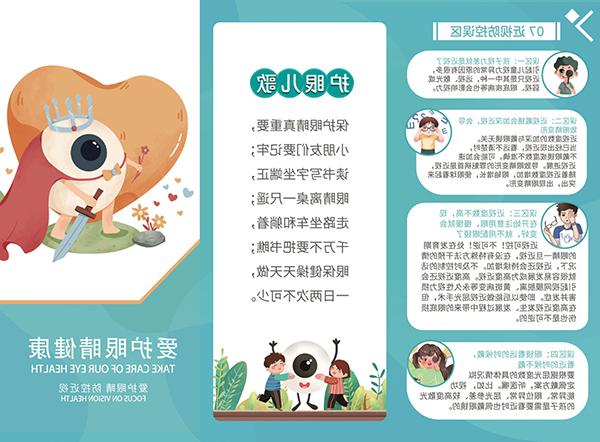Hospital dynamics
【hg7088皇冠手机注册】 The Provincial Hospital affiliated to Shandong First Medical University successfully implemented the transcatheter degradable occluder for the treatment of congenital heart disease in children
近日,Han Bo, Director of Pediatric cardiology Department, Provincial Hospital Affiliated to Shandong First Medical University (Shandong Provincial Hospital), and his team successfully implemented transcaducter degradable occluders to treat ventricular septal defect and patent foramina ovale in 1 child with recurrent headache and 1 child with patent foramina ovale, respectively,Good operation effect,The child has recovered and been discharged from hospital。The application of this innovative technology marks that the pediatric cardiology department of provincial hospital has once again made a new breakthrough in the field of interventional treatment of children with congenital heart disease, and has brought more advanced treatment means for the majority of children with congenital heart disease。
The first surgical patient was a 5 year old 6 months old child with ventricular septal defect,Echocardiography revealed a perimembranous ventricular septal defect of about 4mm,The upper margin of the defect was absent from the right coronary valve of the aorta,Slight prolapse of right coronary valve,If the traditional metal occluder is used to intervene and seal,The incidence of postoperative complications such as arrhythmia and aortic regurgitation is high。The second surgical patient was an 8-year old child with patent foramen ovale who had recurrent headache for 1 year and failed to respond to medication. Echocardiography indicated that patent foramen ovale was 2mm。
Under the guidance of Professor Li Fen, distinguished professor of our hospital and Shanghai Children's Medical Center, the operation was jointly completed by Chief physician Han Bo, Deputy chief physician Jiang Diandong, Deputy Chief physician Yi Yingchun, and the bedside ultrasonic electrocardiogram monitoring was performed by chief physician Zhu Mei of the Department of cardiac ultrasound。The procedure was smooth without any complications. The two children were well reviewed after surgery and were discharged from hospital。

Ventricular septal defect was blocked


Closure of patent foramen ovale
According to statistics, the number of congenital heart disease patients in the world is as high as 13 million, and about 200,000 new cases of congenital heart disease in China every year。Transcatheter intervention has become the first choice for the treatment of common congenital heart diseases such as ventricular septal defect, atrial septal defect and patent ductus arteriosus。The occluders implanted in previous interventional occluders were mostly traditional nickel-titanium alloy occluders, which were prone to postoperative complications such as conduction block。After the new biodegradable occluder is implanted into the human body to complete the blocking function, it can gradually degrade and eventually become carbon dioxide and water, avoiding the long-term complication risk caused by the permanent retention of the traditional metal occluder after implantation。
The pediatric cardiology Department of Provincial Hospital is the training base of congenital heart disease interventional diagnosis and treatment technology of the National Health Commission. At present, it has 30 beds, 40 beds are actually open, and more than 1,800 patients are discharged from hospital every year。It can carry out a variety of interventional treatment of congenital heart disease, RF ablation of various arrhythmias, pacemaker implantation and other interventional surgery for children with heart disease, and the annual interventional operation volume is more than 650 times。So far, it has completed more than 7,000 interventional operations for all kinds of children with heart disease, including more than 5,500 cases of interventional surgery for congenital heart disease, more than 1,500 cases of radiofrequency catheter ablation, and more than 100 cases of pacemaker implantation, ranking the leading position in the province and ranking the first pediatric group in the country。






















